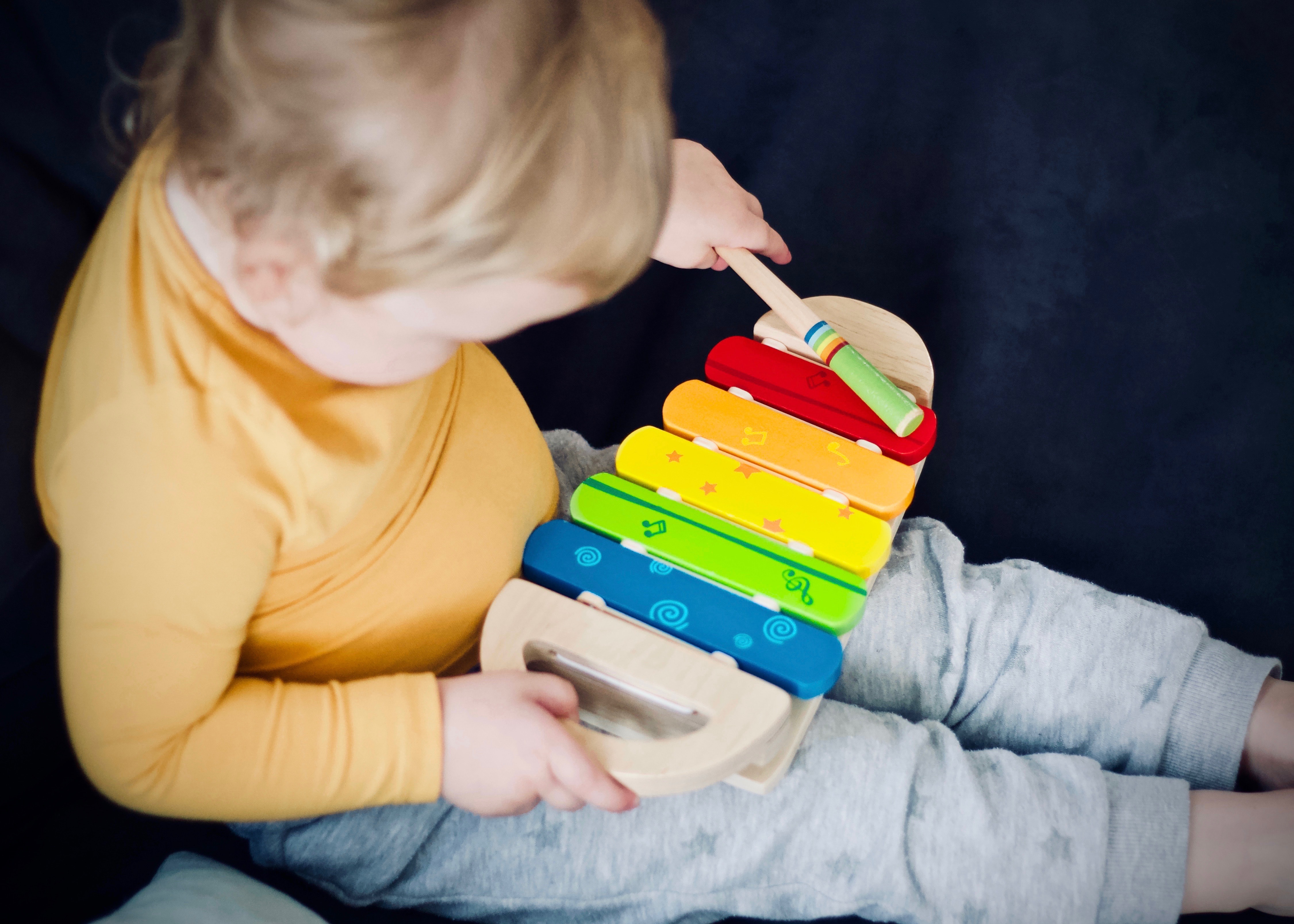
Toddlerhood – it’s one of the most exciting stages in your child’s development, and also a dreaded time for parents. Thanks in part to the popularity of the ‘terrible twos’ concept. Perhaps because with a two-year-old, you’ll definitely have your hands full.
Sometimes you’ll feel like your child is challenging you. But then you’ll also realise that you still have a baby in your hands. Toddlerhood is a time of rapid change and growth, as well as a period of learning – for you, the parent, and your child.
But how do you know if your child is progressing as they should? Read on to know about eight milestones your toddler should be reaching:
Physical Milestones: Gross and Fine Motor Skills
During toddlerhood, children undergo rapid physical growth. They also develop gross motor skills involving the big muscles, as well as fine motor skills involving small muscle movement. Typically, children learn to do the following during their first year as toddlers:
1. Gross Motor Skills: Walk, run, jump with both feet, pull or carry toys, climb, and walk up the stairs while holding on to the railing.
2. Fine Motor Skills: Comb/brush teeth and hair, stack at least four blocks into a tower, scribble, hold crayons and utensils using the fingers (usually with a loose grip).
There are other physical milestones you may observe in your child. As a parent, you need to be supportive and encouraging so your child can confidently experiment and learn what they can and cannot do.
Language Milestones
By the time they reach age three, toddlers will have already acquired a substantial vocabulary (about 200+ words). They can usually comprehend what adults are saying, and they also start talking more. Below are some important language milestones:
3. Make correct word associations, or identify things in pictures after being given the name of the object
4. Recall words that they hear verbatim, or with great accuracy
As your child’s memory develops along with their language facility, you can have your child memorise their favourite nursery rhymes. Let your child recite them in front of the family. Be sure to cheer your toddler on so they take learning as a positive experience.
Cognitive Milestones

At this stage, toddlers start to develop their thinking skills and continue learning from more complex problems. This is also the time when they start exhibiting signs of independent thought and be able to:
5. Sort toys based on their shape, colour, or size
6. Participate in more complex pretend play, i.e. they can assign characters to their playmates and pretend that a box stands for a house or a spaceship
This is the best time for you to teach your child to count since they already understand the concept of numbers. Simple conditional statements can also be understood by your toddler during this period. For example, your child will remember and understand when you say that you’ll go to the play park after you visit the dentist.
Social and Emotional Milestones
Even as children are growing independent during toddlerhood, they also maintain a level of self-centeredness. They may refuse to share their food, toys, and other favourite possessions. During this period, toddlers are able to:
7. Imitate other people verbally and behaviourally, including adults and older kids
8. Exhibit certain degrees of disobedience as a way of testing boundaries
This is an important phase in your child’s life because they observe and mimic what they see. It is also a good time to instil discipline by setting boundaries or limits as to what behaviour can and cannot be tolerated.
Developmental Delays
If you think your child is not progressing as they should, your best recourse is to consult your toddler’s pediatrician. However, do so if you have closely observed that your child is still unable to do the following:
- Walk correctly (no longer on tiptoe)
- Mimic actions or words
- Understand basic instructions
- Say a simple sentence comprising two words
- Remember the skills they used to have (e.g. your child is unable to draw when they used to know how to draw)
Another important thing to remember is to limit or withhold screen time as too much of it has been proven to affect long-term development in children.
We all want what’s best for our children, but don’t think like you’re not doing enough for your toddler. Just try to be there for your child, and cherish the toddler years while you can.

